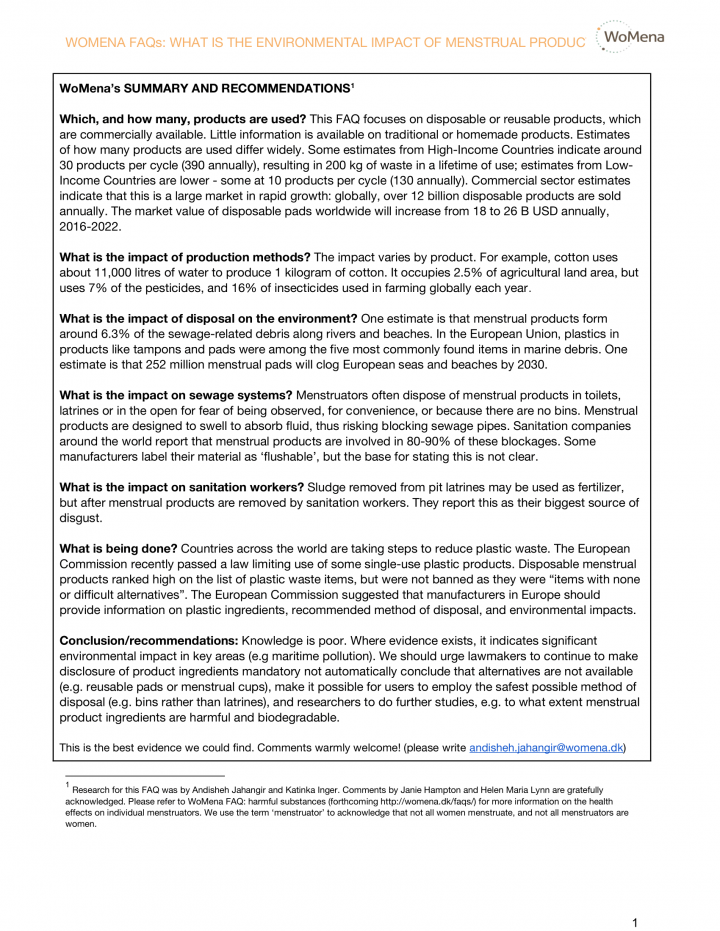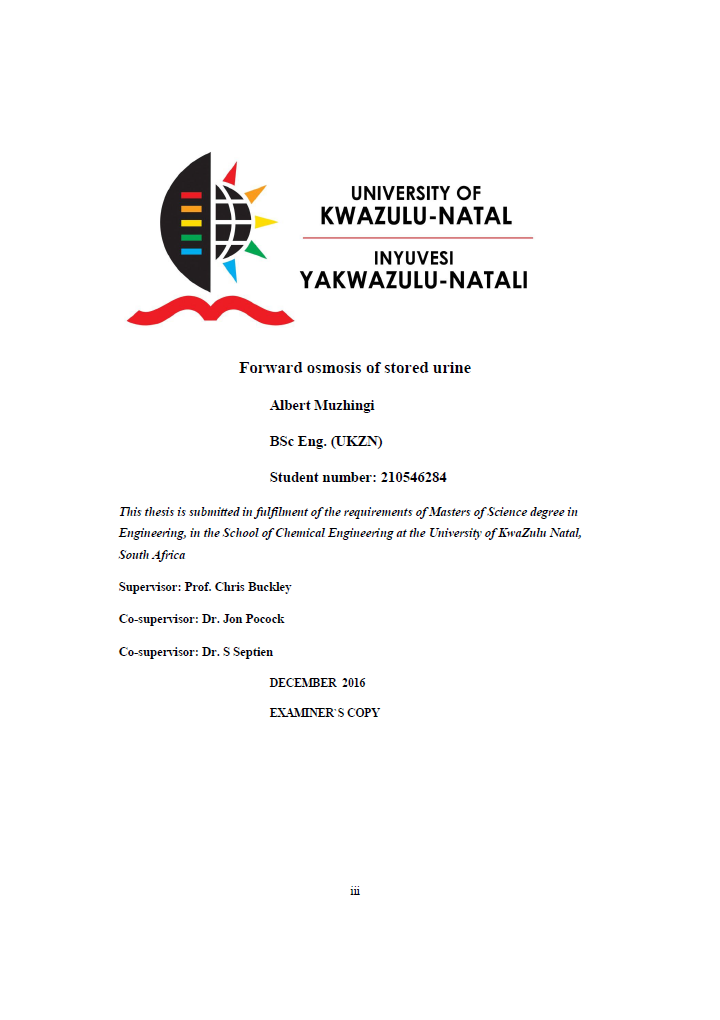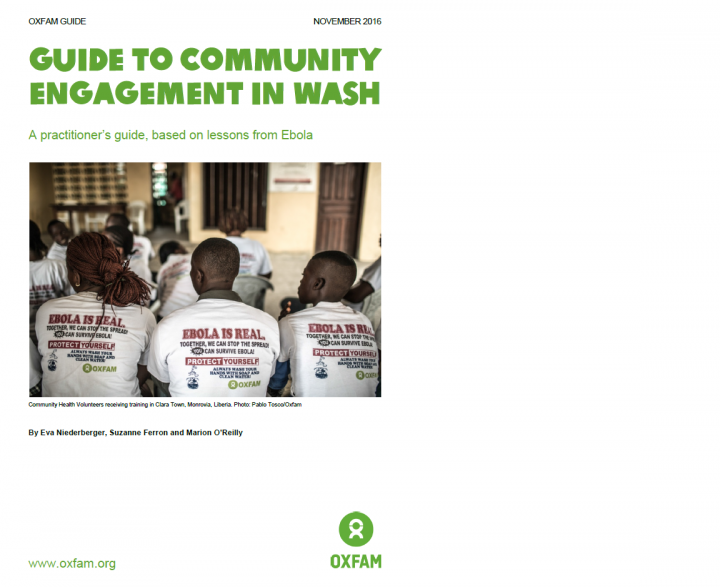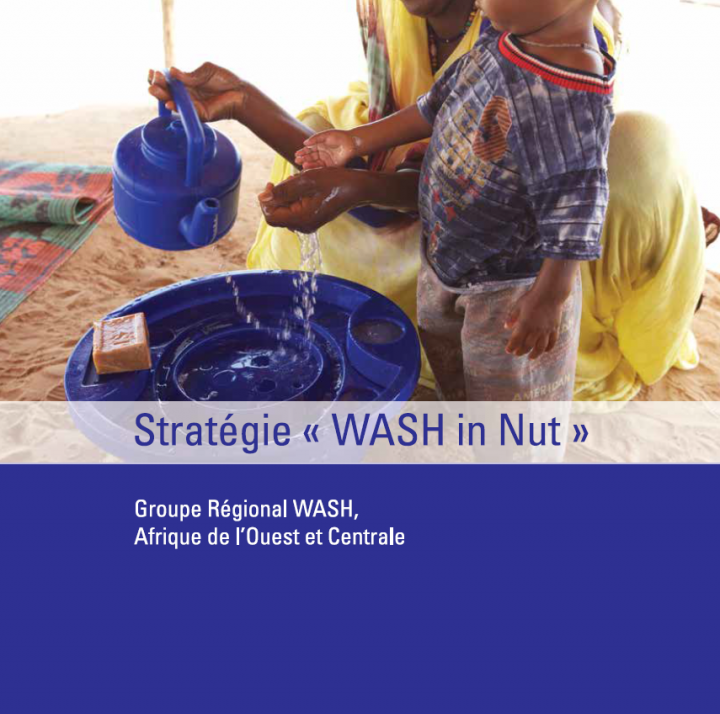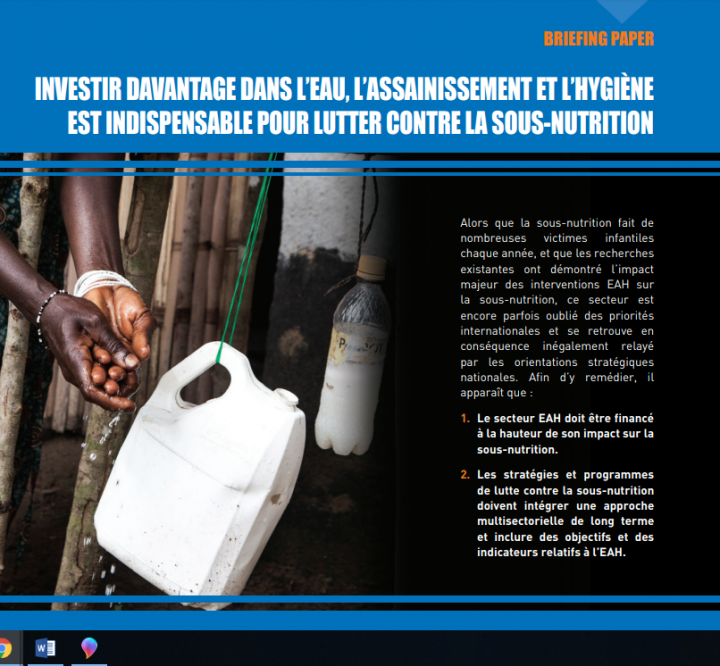Searching for information on Sanitation Workers?
The Sanitation Workers Knowledge + Learning Hub is the best source for all current news, trends, articles and updates on sanitation workers rights around the world.
It is well recognised that good communication and participation are prerequisites for successful community engagement in development and humanitarian action. We need more sustained dialogue and meaningful interaction with the people we serve so that they can take informed decisions and play an active or lead role in the aid they receive. So how do we get better at working alongside people …
Delivering safe and sustainable water supplies presents a fundamental challenge for an urbanising planet. Approximately 1.5 million people migrate to cities and their peri-urban fringes each week, and the fastest growth occurs in small to intermediate sized cities where infrastructure and governance capacity lag (Birkmann et al., 2016). Piped water systems are struggling to keep pace. In this …
Globally, more than a billion people, including up to 10 per cent of all children, are estimated to have a disability. More than 110 million persons with disabilities may be at risk of having poor access to water, sanitation and hygiene (WASH) facilities. Access to WASH provides direct benefits to health, social inclusion and dignity, and is fundamental to achieve human rights and development …
The Water Supply and Sanitation Collaborative Council (WSSCC) established the Global Sanitation Fund (GSF) in 2008. Since then, it has supported sanitation at scale through collective behaviour change in 13 countries in Africa and Asia. In 2016, it initiated a learning process to identify and analyse key factors impacting on equality and non-discrimination (EQND) within the 13 GSF-supported …
Access to water and sanitation in spheres of life beyond the household, particularly in public spaces, is an essential element of the human rights to water and sanitation. However, service provision and monitoring are often neglected in such places. As a result, potential violations of human rights occur frequently and disproportionately impact persons that live in vulnerable situations, such as …
WoMena’s SUMMARY AND RECOMMENDATIONS
Which, and how many, products are used?
This FAQ focuses on disposable or reusable products, which are commercially available. Little information is available on traditional or homemade products. Estimates of how many products are used differ widely. Some estimates from High-Income Countries indicate around 30 products per cycle (390 annually), …
Unilever convened a group of like-minded companies, NGO’s and research professionals, with expertise in sanitation and marketing and a desire to take immediate action to address this issue.
The focus has been on households having access to their own toilet, either inside or outside the home. In particular the low LSM consumer, whose basic needs for food & shelter are met and who have some …
Two ecosan workshops in Kenya, "ecosan Capacity Development Workshop" in Ugunja and "ecosan Vision workshop" in Nairobi, were organised and financed by the GTZ Program on sustainable sanitation - ecosan and the facilitating consultants Laura Kraft (freelance), Martin Wafler, Johannes Heeb (both seecon gmbh, Switzerland) and Ms. Pradnya Thakur (Ecosan Services Foundation, India). The main aim was …
Effective drainage is important in emergencies when there is a risk of flooding or there is a risk of poor environmental health conditions developing from standing water, muddy conditions, or erosion. It would not usually be the first priority in the initial stages of an emergency, but should be considered after the immediate water, sanitation and hygiene needs have been met. Sites which have …
Container-based sanitation (CBS) – in which wastes are captured in sealable containers that are then transported to treatment facilities – is an alternative sanitation option in urban areas where on-site sanitation and sewerage are infeasible. This paper presents the results of a pilot household CBS service in Cap Haitien, Haiti. We quantify the excreta generated weekly in a dense urban slum, …
The project focuses on a IDPs camp in North-East Syria. The camp hosts approximately 7000 people and is located at a 15km distance from Hasaka city. The average staying time for the IDPs is about 2 months and the camp management falls under the responsibility of IRD, supported by the UNHCR.
9 other INGOs (Save the Children, NRC, MSF, IRC and others) and 5 NGOs are supporting the camp. The …
A gender-sensitive approach to ensure equity in WASH programs can achieve positive and sustainable outcomes, including participatory decisionmaking and empowerment of women. Gender analysis frameworks have a long history in development practice to guide strengthened gender outcomes, and opportunities exist to learn from such frameworks to support implementation of WASH programs in developing …
This guide is a compilation of best practices and key lessons learned through Oxfam’s experience of community engagement during the 2014–15 Ebola response in Sierra Leone and Liberia. It aims to inform public health practitioners and programme teams about the design and implementation of community-centred approaches.
La présente stratégie régionale mise à jour en 2015 a été lancée en 2012 face à la crise nutritionnelle et alimentaire au Sahel, révisée lors du processus de consultation en 2014, elle reste une orientation intersectorielle adaptable aux spécificités nationales et locales de chaque pays.
French title: Stratégie - Groupe Régional WASH, Afrique l'Ouest et Centrale
The EU Reference Document on Addressing Undernutrition in External Assistance seeks to help transform aid programmes so that they can achieve real progress in preventing undernutrition. It provides a detailed description of how nutrition benefits can be realised by modifying the design of programmes in all relevant sectors and thematic areas - from health to governance, food security to gender.
La première partie de ce document explique le lien entre les interventions EAH et la sous-nutrition et l’importance de ce secteur dans une stratégie de lutte contre la sous-nutrition. La deuxième partie illustre le manque de priorisation et de financement du secteur EAH dans les programmes nutritionnels nationaux et internationaux.
Available in English titled "WASH and Undernutrition" …






